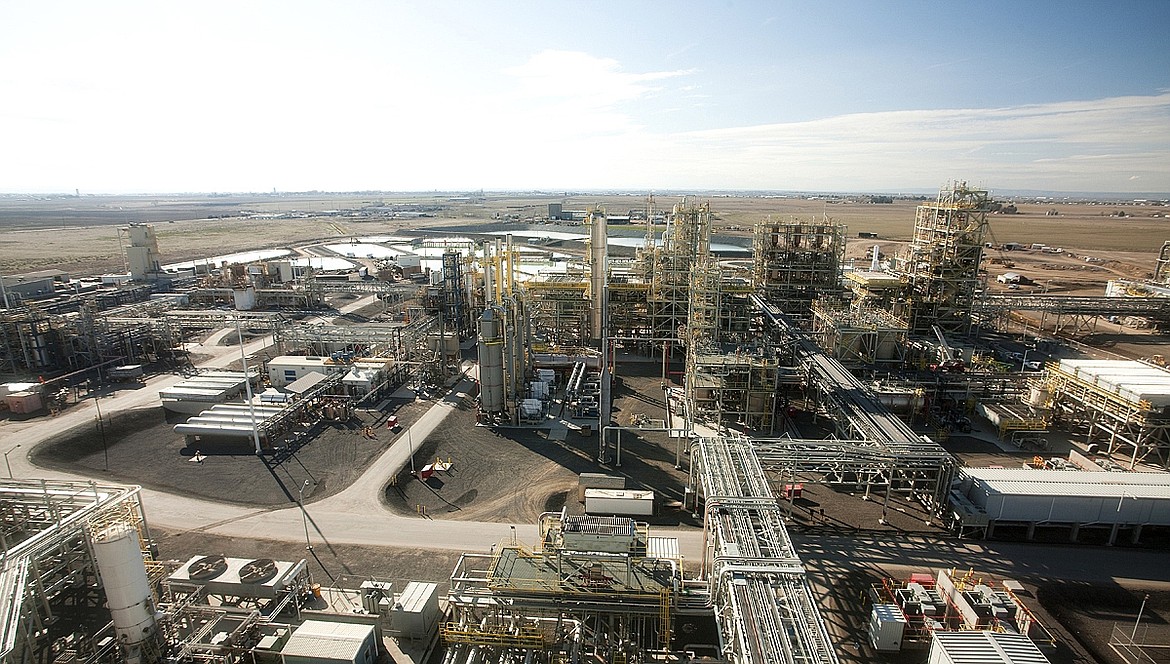REC Silicon leaders waiting to reopen in Moses Lake
MOSES LAKE — With 2022 just about here, executives with REC Silicon have not made a decision about reopening the company’s Moses Lake production facility.
Become a Subscriber!
You have read all of your free articles this month. Select a plan below to start your subscription today.
Already a subscriber? Login



